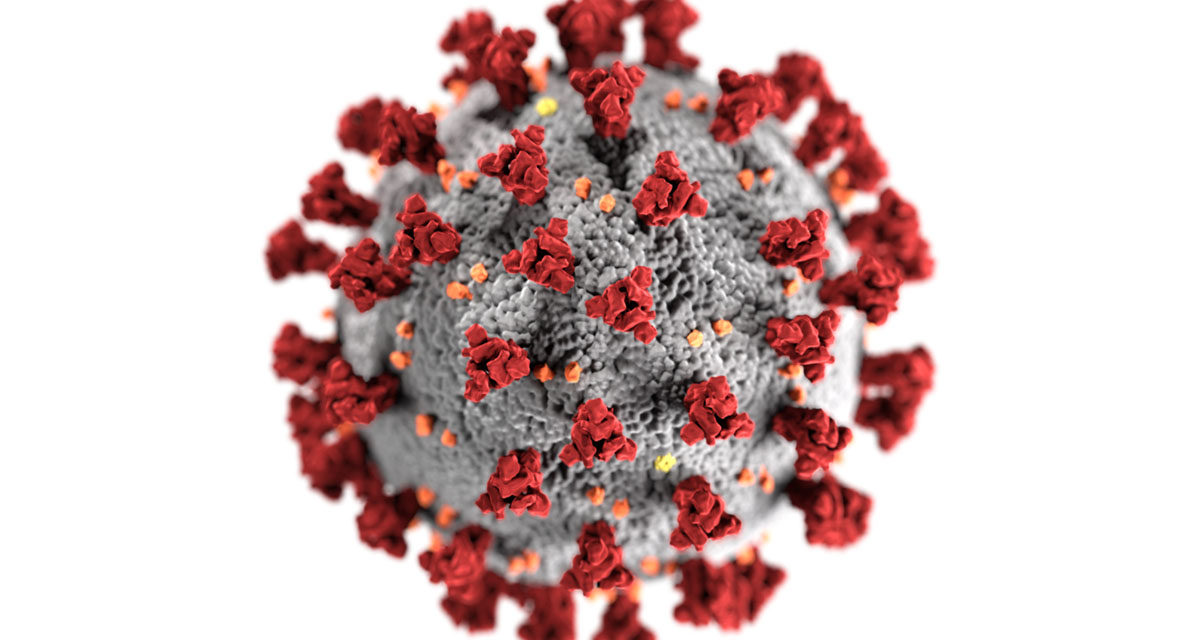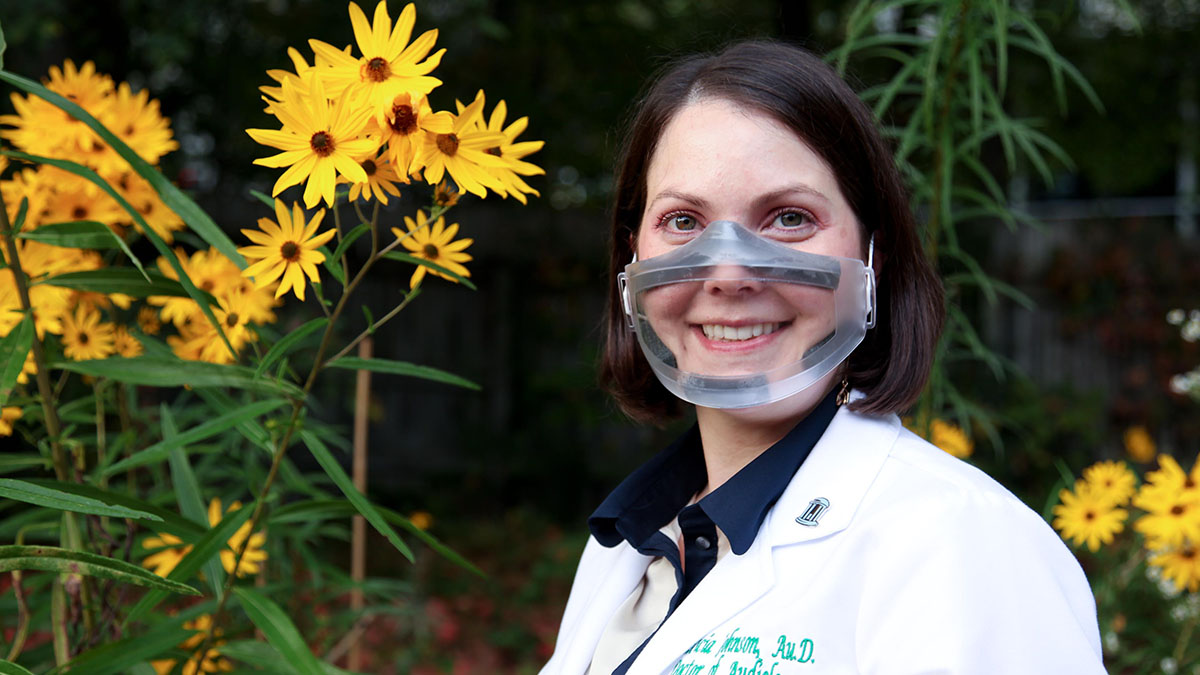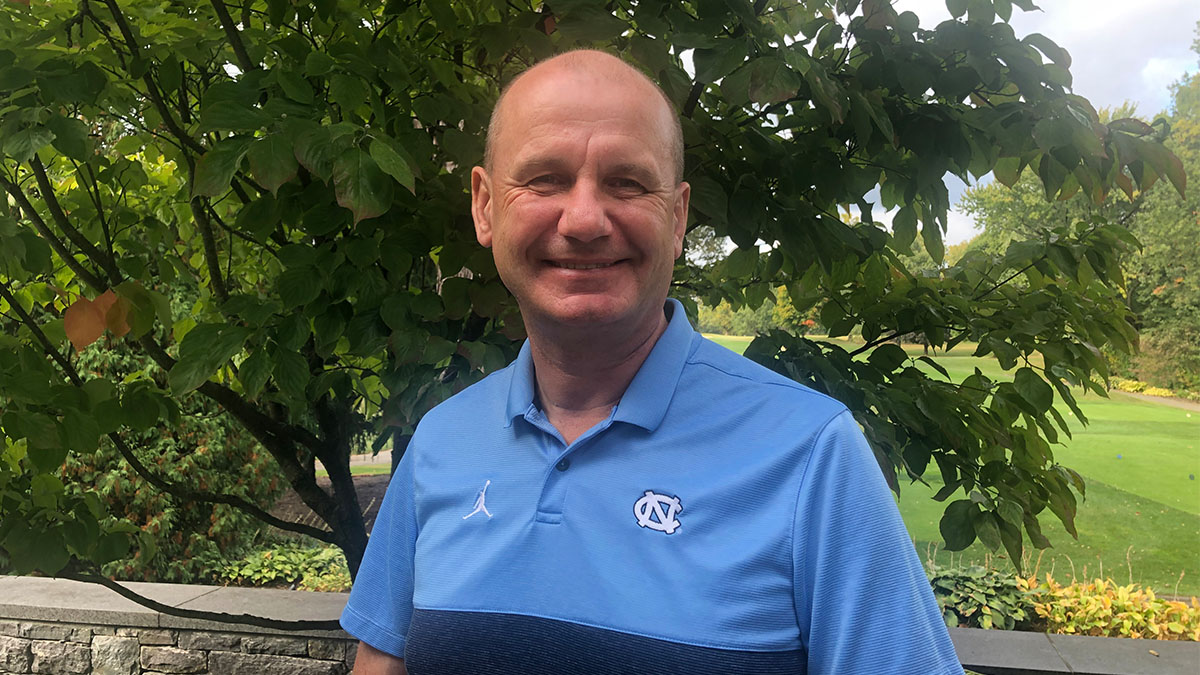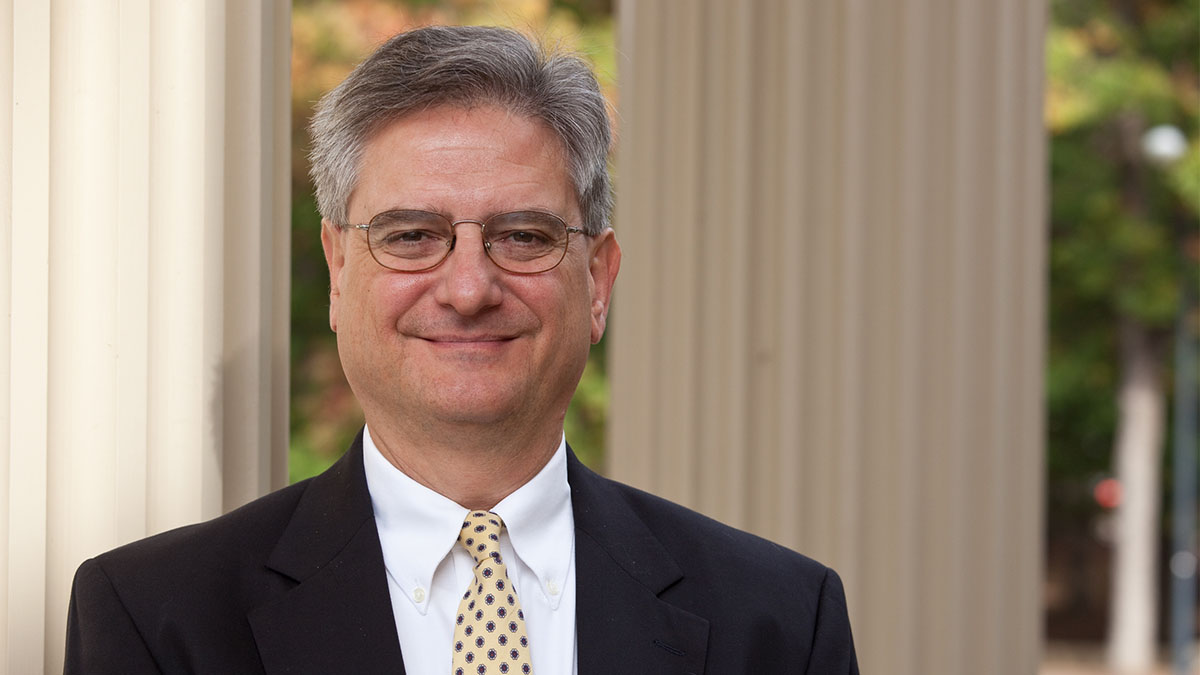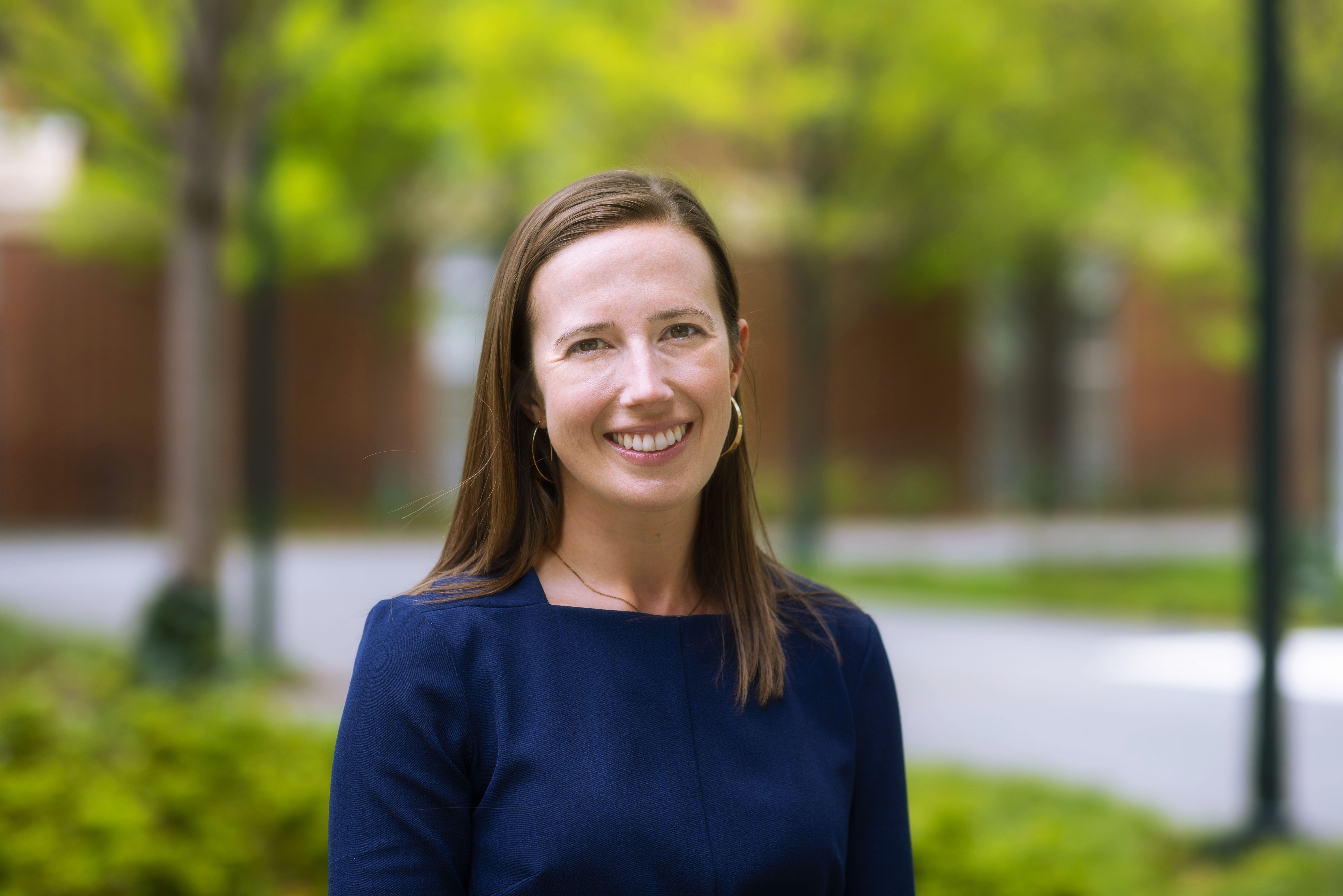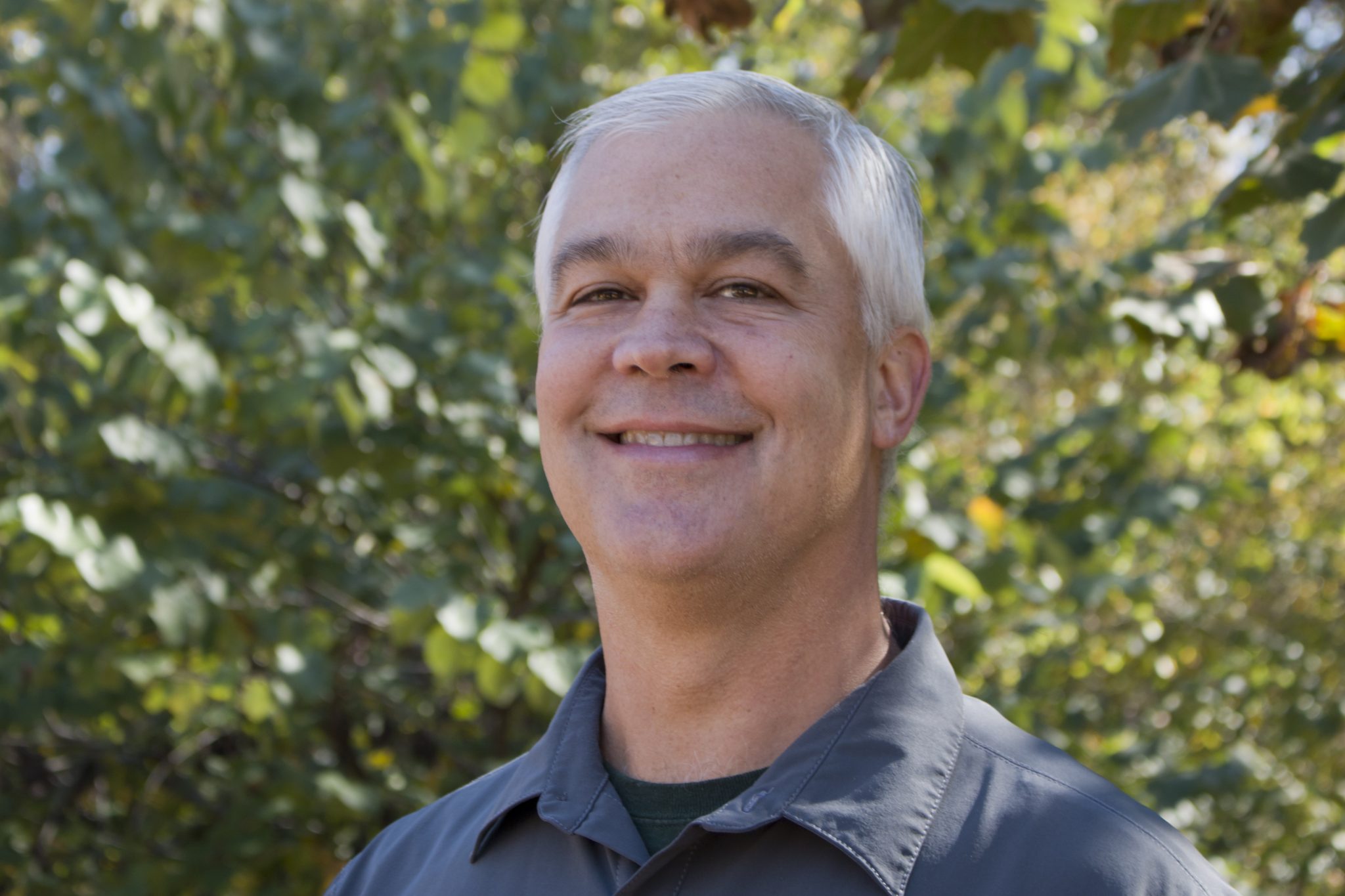On Thursday, North Carolina reported its highest amount of coronavirus-related hospitalizations to date, with only 13 percent of Intensive Care Unit beds available across the state. This stress puts a demand on health care workers and creates a need for more helping hands.
Two UNC medical students’ recent project is offering a tool to prepare any medical professionals looking to help.
Anna Dodson and Nate Nelson-Maney are both third-year medical students at UNC. They were both getting started in their first clinical rotations of the year when the COVID-19 outbreak reached North Carolina and all in-person learning got shut down.
They said they both decided to aid the state’s efforts in preparing for and battling the coronavirus by joining Carolina’s chapter of the COVID-19 Students Service Corps. The CSSC began at Columbia University but branches across the nation to address the needs of healthcare systems through the pandemic.
Nelson-Maney said members largely create tasks to both teach students lacking clinical experience but also aid active medical professionals.
“We’re implementing projects based on service learning, physical distancing and health systems’ capacity-building in order to respond to the COVID-19 crisis,” he said.
Before long, the duo partnered with the North Carolina Area Health Education Centers. The organization, also called NC AHEC, works to provide resources through its regional offices to often train students or early healthcare professionals entering the workforce.
“We envision a state where every North Carolinian is healthy,” said Dr. Jill Forcina, associate director of the NC AHEC Program Office in Chapel Hill, “and supported by a well-trained health workforce that reflects the communities it serves. We particularly focus on areas that are rural and underserved.”
Dr. Forcina said the organization’s mission has been reversed since the start of the COVID-19 outbreak in the state. Instead of medical professionals training students, the students have found ways to assist professionals inside and outside of the program combating the coronavirus.
Forcina said the pandemic’s onset highlighted the importance of recruiting, training and retaining the state’s workforce.
“It went from being incredibly important to incredibly urgent,” she said. “We needed to provide resources for the care of patients both with and without COVID-19. We were learning from other states and countries that the critical care environment needed to be prepared for extra space, supplies and staff with skills.”
And it’s not just hospitals or critical care that need the extra help. Long-term care facilities and home-care organizations are also included.
Those needs are where Dodson and Nelson-Maney’s project with the service corps helps. The pair crafted a series of playbooks meant to teach or refresh needed skills anticipated across the healthcare profession during the pandemic, like in critical or ICU care, long-term care, ambulatory care and even general inpatient medical care.
Dodson said after creating the playbooks that teach the necessities, it became about targeting and getting in touch with groups that may benefit from the guidelines.
“Once you identify those skills,” she described, “you can start brainstorming what kinds of people actually meet those skills. [Possible professionals] either have them and have used them in the past, in terms of a previous career. Or they’re currently in a career similar enough that they could quickly learn those skills through the self-study tools. This way, they feel as ready as possible either re-entering or crossing over to a different care setting.”
Dodson and Nelson-Maney’s Workforce Surge Planning Playbooks are free and available for anyone to use. They’re also living documents, updated as the medical world continues to learn more and more about the coronavirus.
Nelson-Maney said his experience doing this project has been extraordinary and taught him about interprofessional collaboration. But he said he also believes the playbooks will have a lasting impact perhaps beyond the current pandemic.
“I know the work we’re doing will have really positive outcomes,” said Nelson-Maney, “particularly in rural or smaller hospitals where staffing is tight and facilities have less capacity. But I think these guidelines will be applicable to a far greater spectrum [of healthcare professionals.]”
Dodson agreed and described her experience with the project as a humbling one.
“It’s so easy to get bogged down in the intimidating numbers of COVID-19,” she said. “But as we step back and create guidelines to start recommending specific actions to be taken by folks on the frontlines, it’s incredibly humbling to think this document can be benefiting them and the patients they serve.”
Interested medical professionals looking to offer their services can visit the North Carolina AHEC website for more information. The organization is also offering an RN Refresher Program in partnership with UNC, with tuition and fees waived.
Chapelboro.com does not charge subscription fees. You can support local journalism and our mission to serve the community. Contribute today – every single dollar matters.

